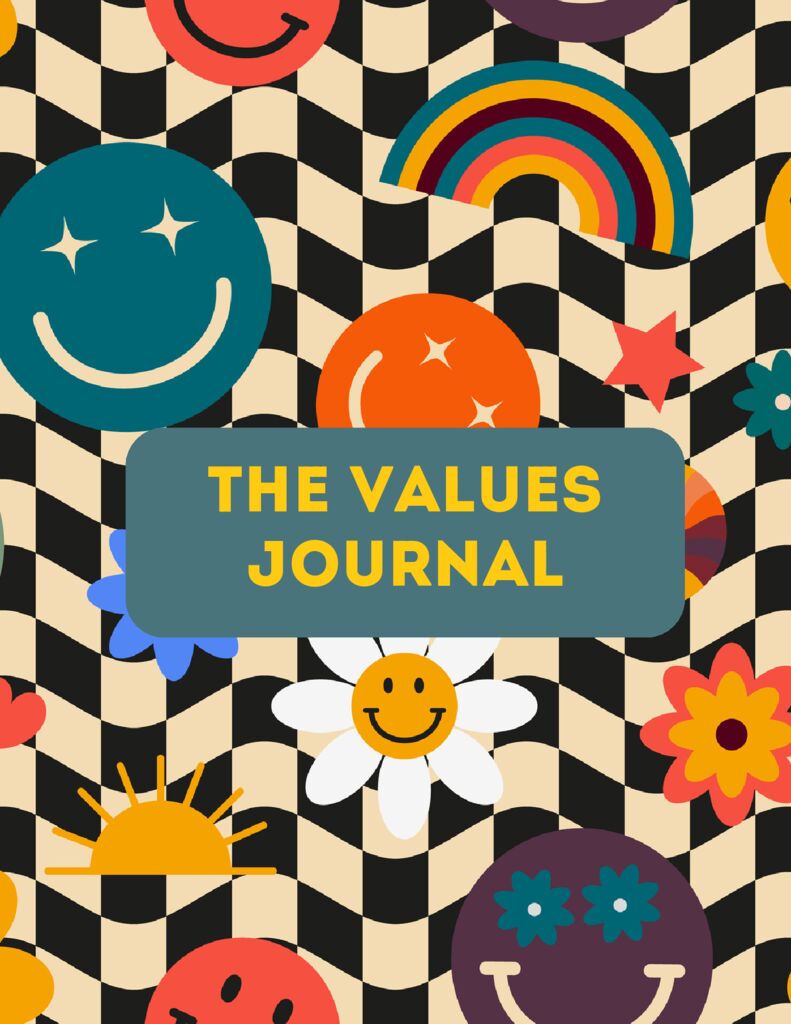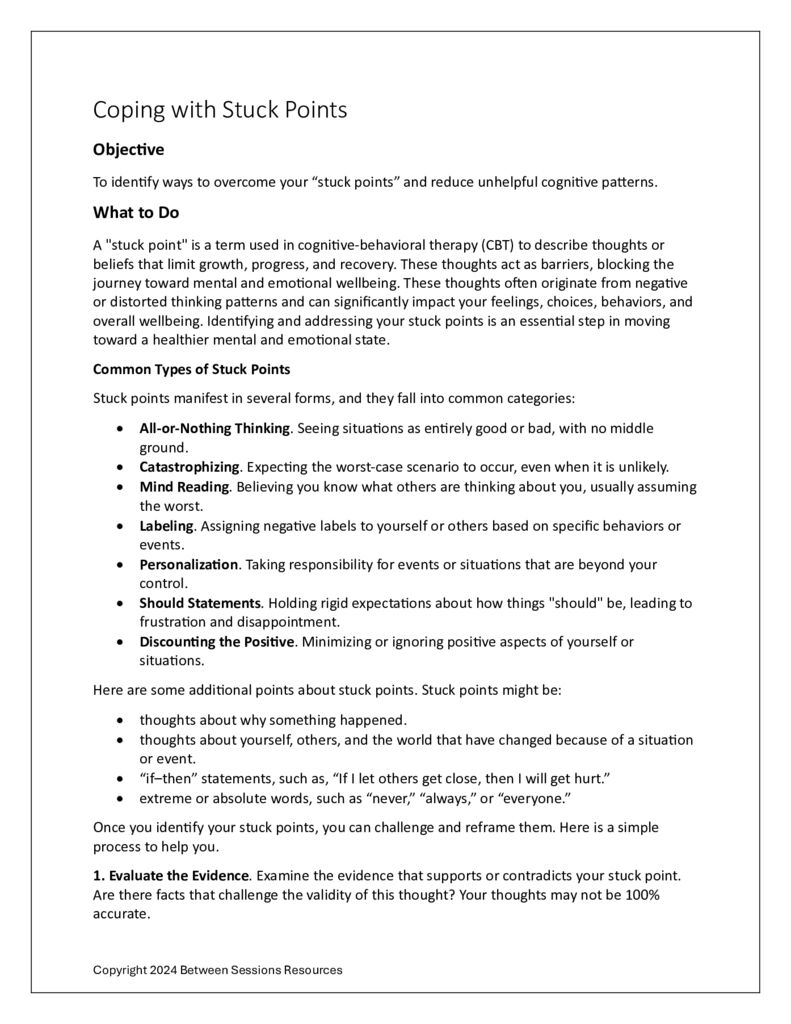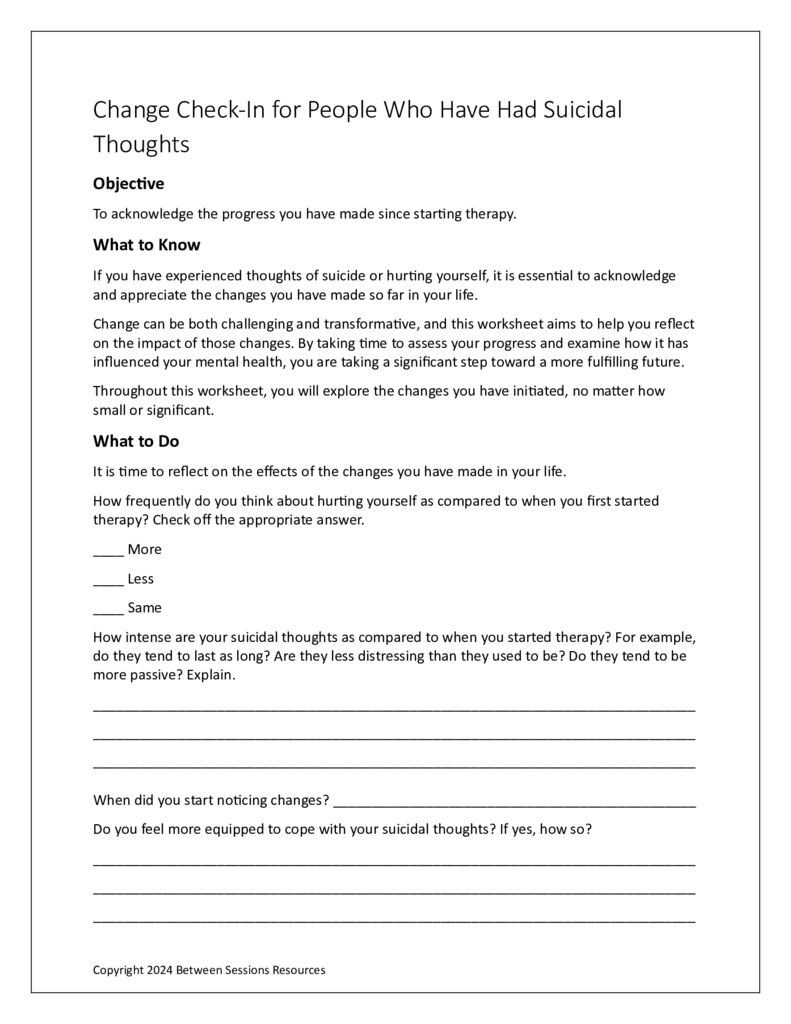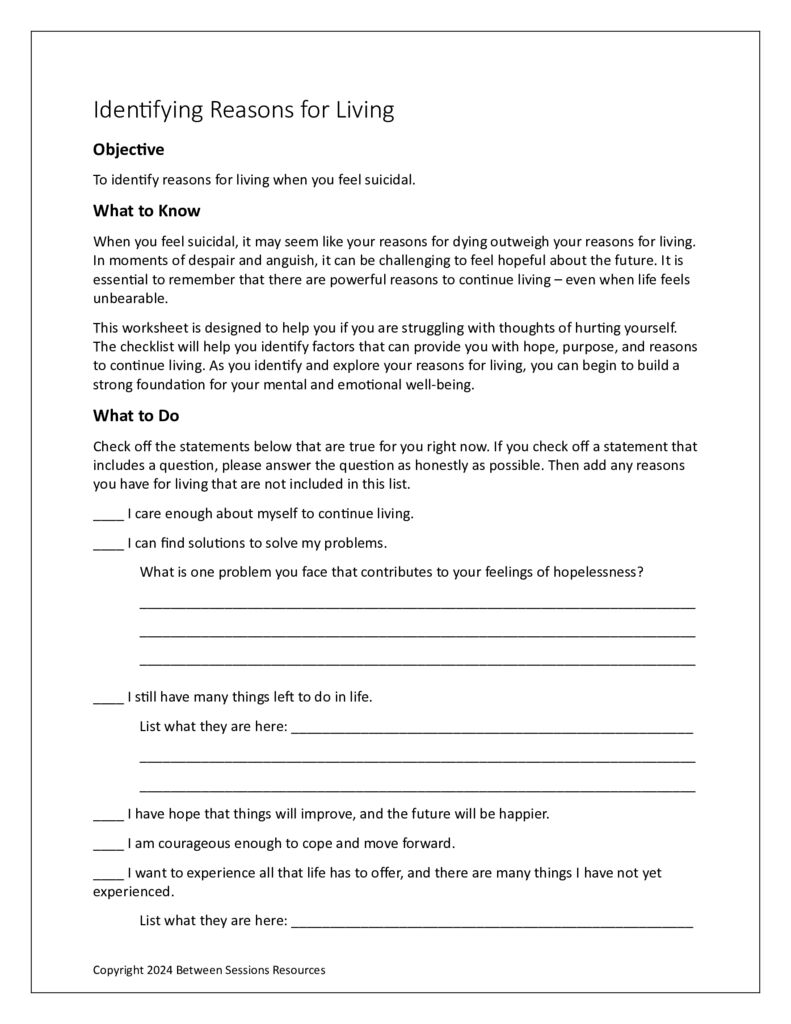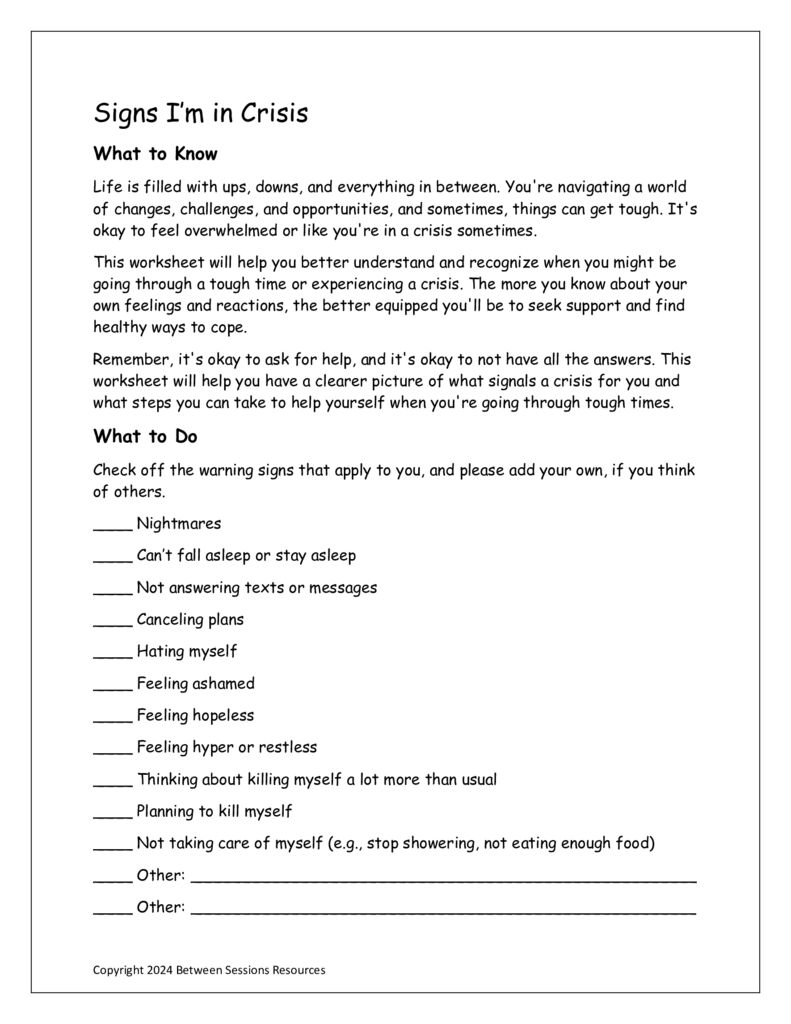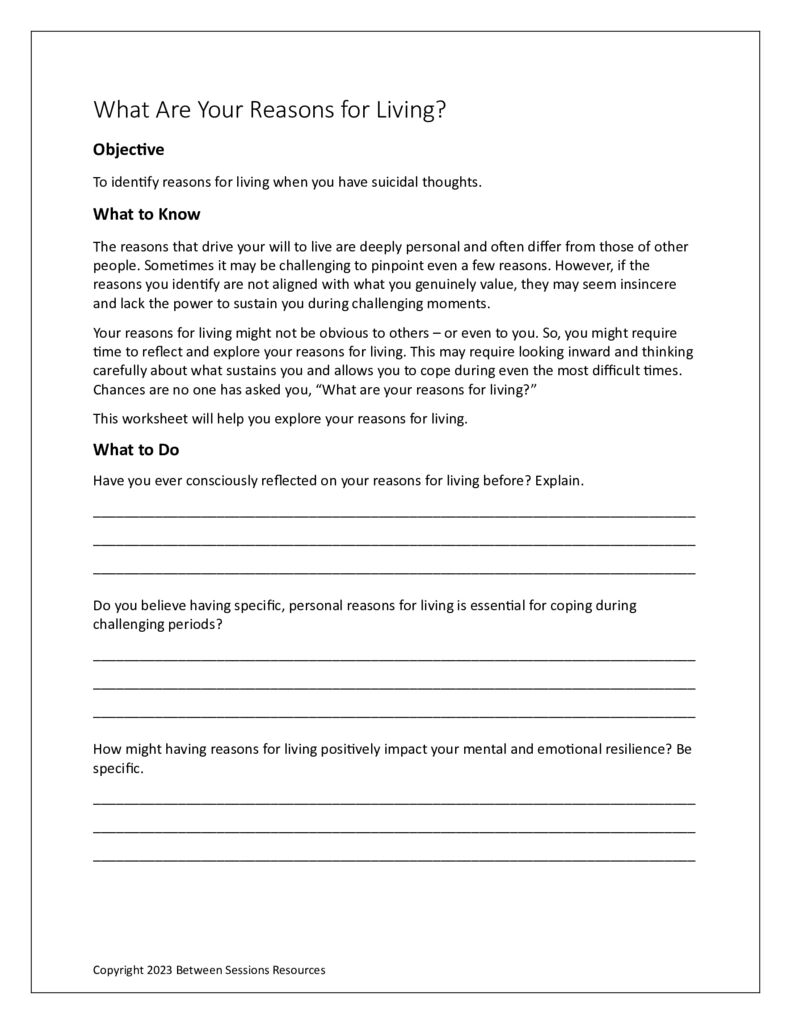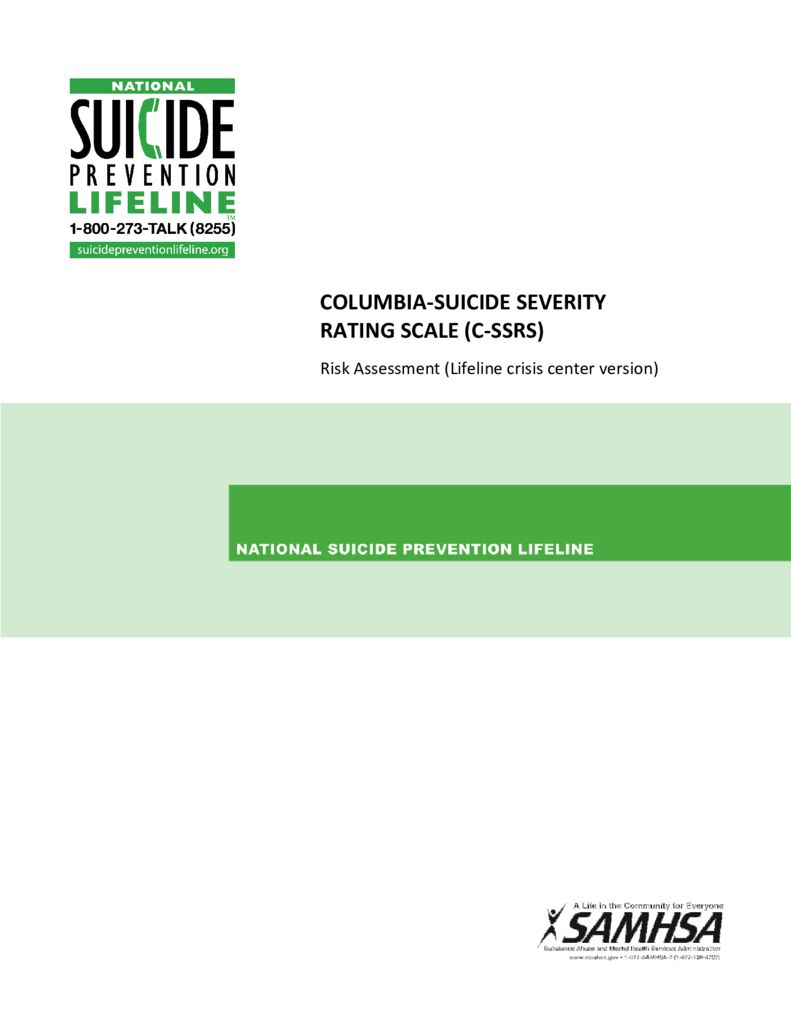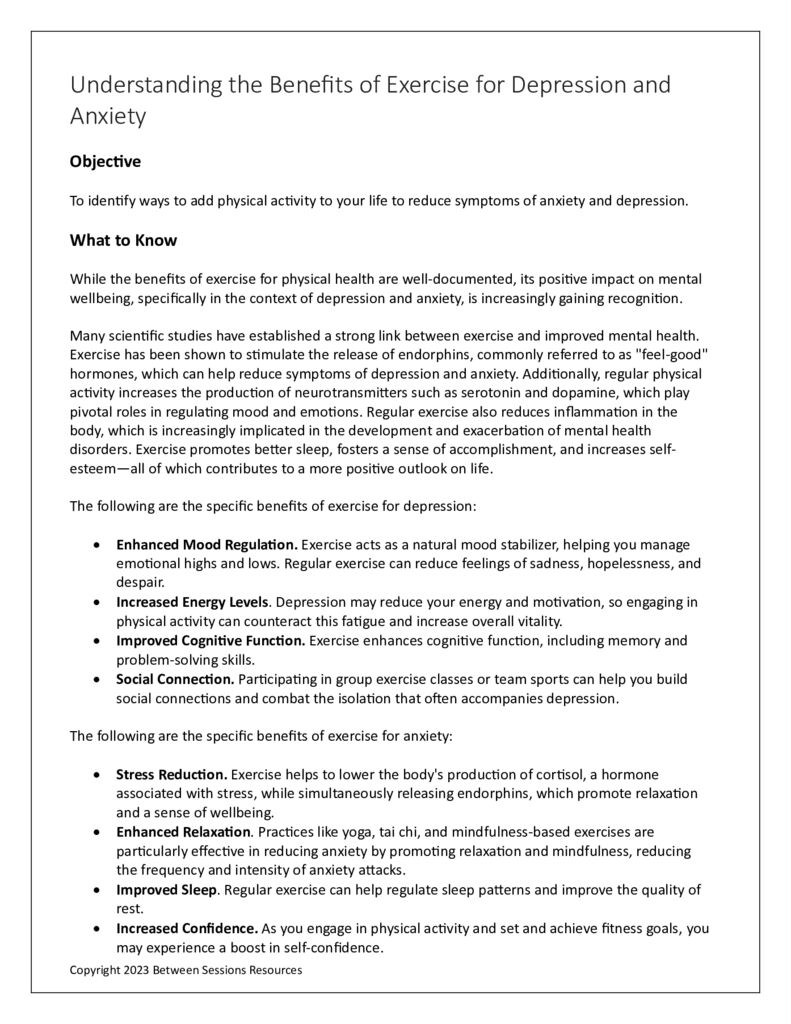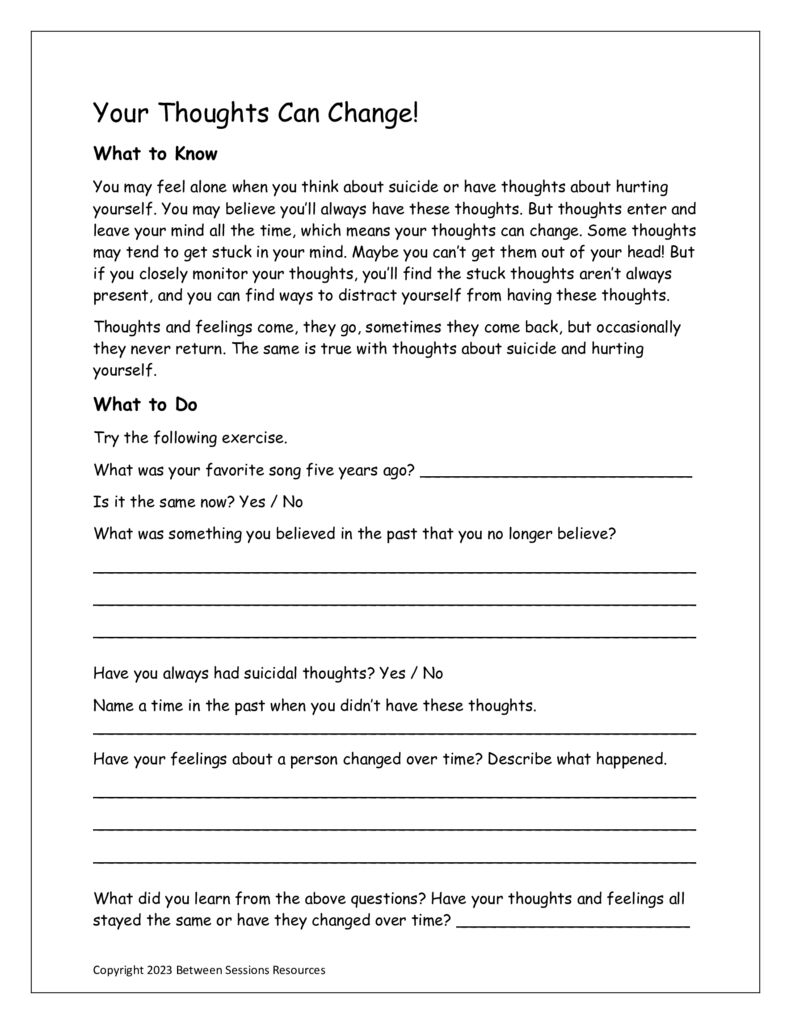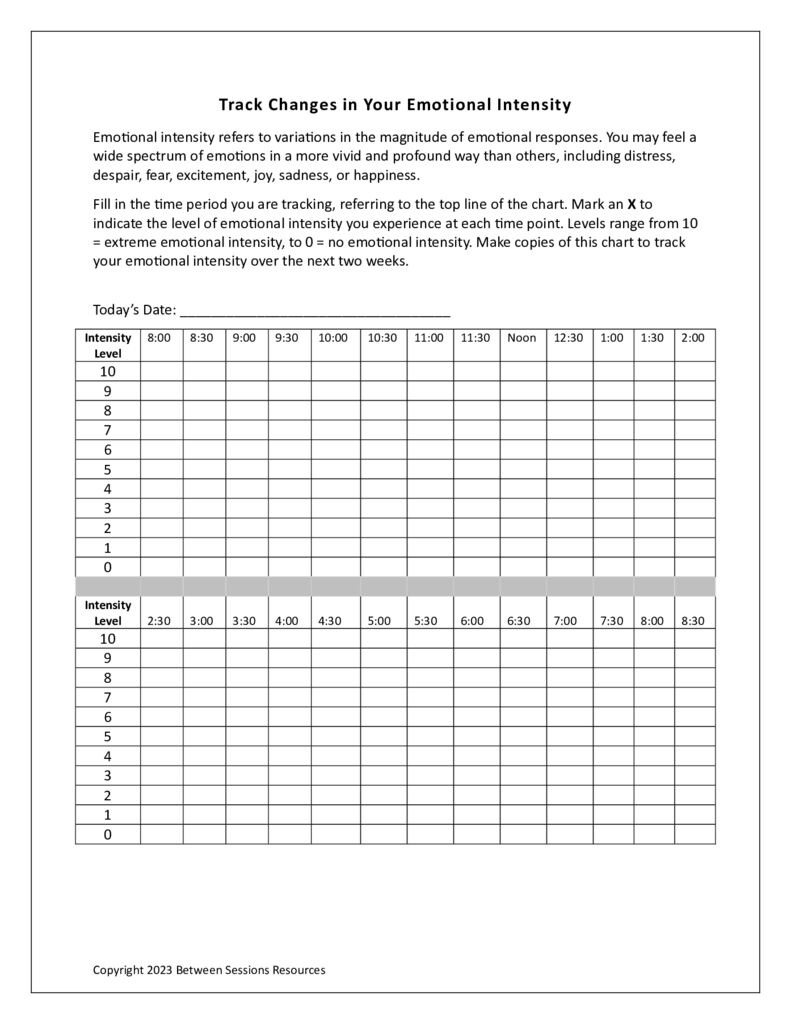This 60-page journal encourages people to explore their values and how they affect their day-to-day choices and behaviors. This is a great way to combine the techniques of values clarification and journaling. The journal can either be downloaded and printed out or filled out online using our Psychology Forms Filler or Virtual Counseling Rooms. (0224, journal, ACT, Acceptance and Commitment Therapy).
A “stuck point” is a term used in cognitive-behavioral therapy (CBT) to describe thoughts or beliefs that limit growth, progress, and recovery. These thoughts act as barriers, blocking the journey toward mental and emotional well-being. This worksheet explains common types of “stuck points” such as mind-reading, personalization, “should” statements, and so on. People are asked to identify their dysfunctional thinking and how it affects their emotions and behaviors. (0124. CBT. cognitive behavior therapy, irrational thoughts).
This worksheet is designed to help people who have started therapy reflect on how they have changed their thinking and behavior. (0124. suicide, suicidal ideation)
This worksheet is designed to help people struggling with thoughts of hurting themselves. It includes a checklist that will help them identify factors that can provide them with hope, purpose, and reasons to continue living. The worksheet includes questions to help people explore their reasons for living and guide them toward building a strong foundation for their emotional well-being. (0124, suicide prevention, suicidal ideation)
This worksheet is designed to help people identify signs that suggest they may be experiencing a crisis. The worksheet includes a checklist of symptoms as well as techniques that can help them deal with the acute stress. It concludes by asking people to identify friends or family who can help them get through this difficult period. (0124, depression, suicidal ideation, stress)
This worksheet is to help people who have had suicidal thoughts develop a different perspective on their lives. Questions ask people to think about their values, their goals, the people in their lives, and more. (1223, suicide prevention, suicidal ideation, depression)
This evidence-based scale is part of an international public health initiative involving the assessment of suicidality. Online training in administering the scale is recommended. The scale assesses factors like general clinical status, protective factors, actual attempts, intensity of ideation, and more. (1223, suicide, suicidality, suicide ideation, assessment)
Many scientific studies have established a strong link between exercise and improved mental health. This worksheet specifies the specific mental health benefits that come with regular exercise and guides people on how to start a consistent and sustainable exercise program. (1223, exercise, depression, anxiety, wellness, habits)
This worksheet is for people who are having thoughts about suicide or self-harm. It is designed to provide insight into the nature of these thoughts and help people understand that these thoughts can change over time. (1223, suicide prevention, thought-changing, CBT, cognitive restructuring)
This form is intended to be used by people who have intense often overwhelming emotions, such as anxiety, fear, sadness, or even euphoria. The tracking form will help the therapist teach and monitor emotional regulation skills. (1123. emotional regulation, bipolar, Bipolar Disorder)

